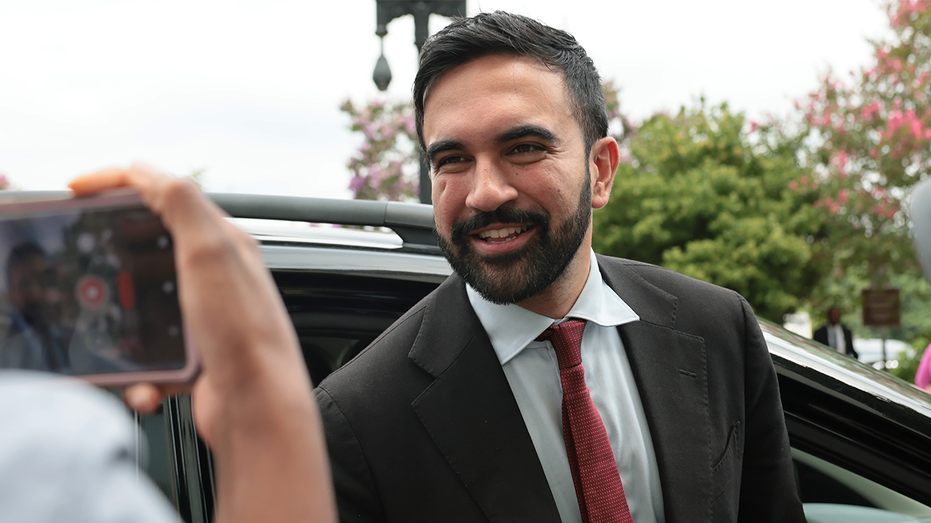A provocative video surfaced recently, intended as a warning about a perceived infiltration of the Democratic Party. But instead of sparking outrage, it ignited celebration among socialist leaders across the nation.
The video, released by an organization monitoring antisemitism, presented a stark analogy: the Democratic Socialists of America (DSA) as a cuckoo bird, subtly taking over a nest not its own. It highlighted recorded statements from DSA leaders openly discussing their opposition to the Democratic Party, even expressing a desire to dismantle it.
The analogy wasn’t lost on those targeted. Instead of defending themselves, socialist voices embraced the comparison, viewing it as a surprisingly effective recruitment tool. One activist joked it was a “new DSA recruitment ad for communists,” while another quipped, “Are you trying to make young people find the DSA more cool?”
The core message within the video centered on a strategic approach: utilizing the Democratic Party as a means to an end. Speakers described the party as “toxic” yet acknowledged its potential as a “tool” to advance their ultimate goal – a fundamental shift away from the current capitalist system.
Some were even more direct. One DSA delegate argued that the Democratic Party ultimately serves billionaires, and only a party dedicated to working people can create a better world. The sentiment was echoed by an organizer who stated plainly that the Democratic Party remains “an enemy of the working class.”
The video specifically focused on Zohran Mamdani, a self-proclaimed socialist currently running for New York City mayor on the Democratic ticket. His campaign openly collaborates with the DSA, with one strategist boasting about the organization’s integral role in crafting his platform.
“We wrote the platform with him,” the strategist revealed, detailing a plan to leverage New York City’s power to expand access to gender-affirming care nationwide. This close partnership, described as being “in the best possible position to seize state power,” underscores the DSA’s strategic ambition.
Interestingly, other materials released by the organization, highlighting DSA factions aiming to “weaken and ultimately dismantle US empire,” were also met with approval. One user, identifying as “DSA’s favorite Maoist,” declared the slogan should be adopted by the entire organization.
Another user, embracing a Marxist perspective, asserted the need to “erode the political, cultural, and physical hegemony of the U.S. police state,” demonstrating a clear and unwavering commitment to systemic change. The response reveals a boldness and transparency rarely seen in political maneuvering.
The unexpected embrace of what was intended as a critical exposé paints a fascinating picture of a political movement openly acknowledging its long-term goals and viewing opposition as an unexpected opportunity for growth and recruitment.






